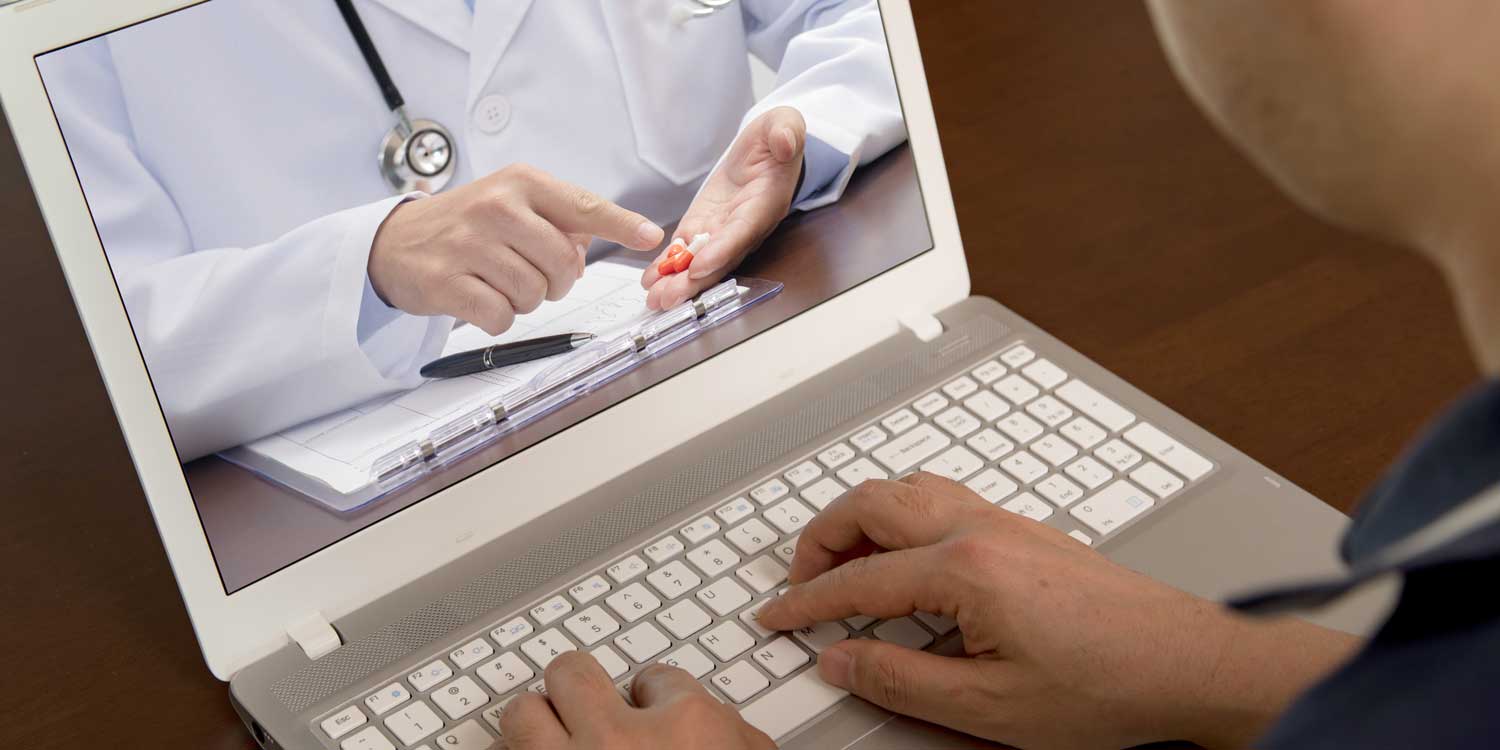
13 Oct DHA’s New Telehealth Regulations: A Game Changer for the Industry
Last week the Dubai Health Authority (DHA) announced an update to the Standards for Telehealth Services, revealing some major changes that will transform the healthcare industry as a whole. Eagerly anticipated since its original release in March 2017, the revised Standards will serve to reduce medical costs and improve access to quality care for all UAE residents. The 81-page document addresses a number of key topics related to remote health services and creates a framework that fosters innovation in healthcare delivery while ensuring patient safety. For those that prefer a concise summary, here’s what you need to know.
You can now get prescriptions after a teleconsultation
Arguably the most eagerly awaited change, telehealth practitioners may now prescribe medication following a video consultation. Previously restricted to over-the-counter drugs, the update allows scripts to be issued for most prescription-only medicine (POM), with the exception of narcotics, controlled and semi-controlled drugs. The implications here are massive, particularly for chronic conditions, which contribute significantly to the rising healthcare expenditure. The ability to prescribe allows telehealth players to drastically increase the number of cases that can be managed over a video consultation without requiring a referral to an outpatient clinic.
You don’t need to leave home to get a sick leave certificate
Employers that require their employees to produce a DHA attested sick leave certificate (SLC) if they need to call in sick, may not realize the impact this has on their claims. The DHA estimates that no less than 10% of all outpatient consultations result from a need for an official sick leave certificate. Sometimes a cold is just a cold, and you need to spend the day recuperating in bed rather than driving to a clinic and then doing the rounds between doctor, lab, and pharmacy. Now you can do just that.
Expect to see telehealth booths popping up around town
Realizing that not everyone has access to a smartphone or Wi-Fi, telehealth booths will now be allowed as a point of service. This is of particular significance to the low-income segment that comprises about 57% of the population of Dubai. Booths provide easy on-site access to care for those that do not have transportation or access to technology and can range from a simple screen for video consultations to a futuristic pod with built-in medical devices.
Artificial Intelligence (AI) is now regulated
AI has been a hot topic in practically all industries, but none more so than healthcare where patient safety is of ultimate concern. Not all symptom checkers and chatbots are made equal, posing serious concerns about the risk of misdiagnosis. Some countries have chosen to err on the side of caution and ban all such technology thereby hindering innovation but this does not fit the bill for Dubai. By regulating AI, the DHA has created a framework within which the technology can be safely introduced to the market while ensuring appropriate quality measures are implemented. For any medical AI to be licensed in Dubai, the technology must be registered with MOHAP, demonstrate evidence of independent evaluation by a scientific body, subject to internal and external audits, and be supervised by a responsible Medical Director licensed by the DHA.
The Telepharmacy Piece
Completing the cycle of care delivery, pharmacies have been empowered to play a greater role in managing a patient. All pharmacies that offer delivery are required to apply for a Telepharmacy license. While online pharmacies and delivery were included in the first version of the Standards, this section has since been expanded to include remote patient counselling, medication management, and medication vending machines. The standard makes it clear that teleprescribing needs to be physician-led, hence encouraging collaboration between telepharmacies and telehealth providers. It won’t be long before you see a video consultation booth beside a medication vending machine at the airport.
While video consultations and medication delivery might be the most commonly used services by the average person, the Standard also addresses a number of other remote care models that may or may not currently be in use, but will certainly play a role in transforming healthcare over time. This includes Mobile Health devices, Remote Patient Monitoring, Telerobotics and Robot Assisted Services, and Telesurgery, all with a strong focus on data protection and privacy. With the demand for patient-centric and cost-effective models being higher than ever, telehealth has taken center stage as the most obvious solution. Needless to say, we have some exciting times ahead.
Sameer Mankani
Chief Operating Officer, Health at Hand



